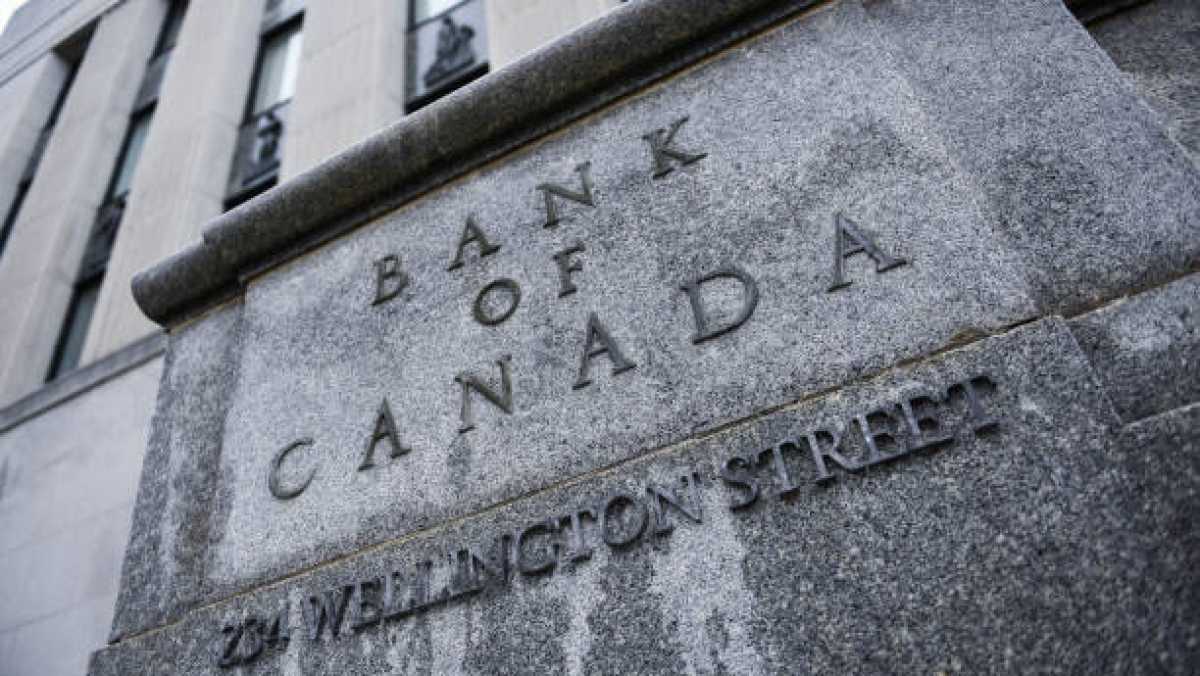Business
Bank of Canada Maintains Key Interest Rate at 5%, Refrains From Rate Cuts Amid Lingering Inflation Concerns

The Bank of Canada has opted to keep its key interest rate steady at five per cent, emphasizing that it’s premature to contemplate rate cuts at this time. Governor Tiff Macklem, in a press conference following the decision, reiterated the institution’s concern with persisting underlying inflation, hence justifying the decision.
Economists across the board had anticipated this decision. The central bank, in a statement on its website, pointed to ongoing underlying inflation as a key factor in maintaining the rate, which excludes volatile components like food and fuel.
Macklem delved into the dangers of global risks impacting inflation, such as the recent attacks on Red Sea shipping routes leading to elevated global shipping costs, culminating in potential inflationary pressures.
Domestically, Macklem highlighted a gradual easing in inflationary tensions, although the risk of a stall remains imminent. The Bank anticipates inflation to hover near three per cent in the early part of the year before showing signs of easing.
Since the January rate announcement, there have been no major surprises in the Canadian economy. Coming off 2023, a year marked by economic turbulence, GDP saw a modest one per cent uptick in January.
Real estate, a major contributor to inflation, experienced a slowdown in price growth in January, particularly in groceries. Despite this, the Bank remains cautious about precipitous rate cuts.
Macklem reiterated the time lag in the transmission of interest rate adjustments to the broader economy, emphasizing the need for further observation to gauge the impact before considering rate adjustments.
Economists are divided in their predictions, with many eyeing a potential rate cut by June. Veronica Clark of Citi Bank expects a cut could come as soon as July, contingent on sustaining the three-month core inflation rate within the Bank’s designated range.
Amidst the economic landscape, the US Federal Reserve‘s actions are likely to influence the Bank of Canada’s decisions. A predicted slowdown and potential recession in the US could further prompt rate adjustments.
One Canadian family struggling with the high rate environment is the Dumouchels, residing in Maple Ridge, British Columbia. They are facing financial strains as variable rate mortgage holders battling the consequences of the rising rates.
The decision to not lock in at lower rates has led to significant financial strain for the family, forcing them to forgo extracurriculars and tightened spending.
The Bank continues to monitor the economy, emphasizing the need for sustained progress and a gradual approach to rate adjustments in the face of lingering inflationary pressures.












